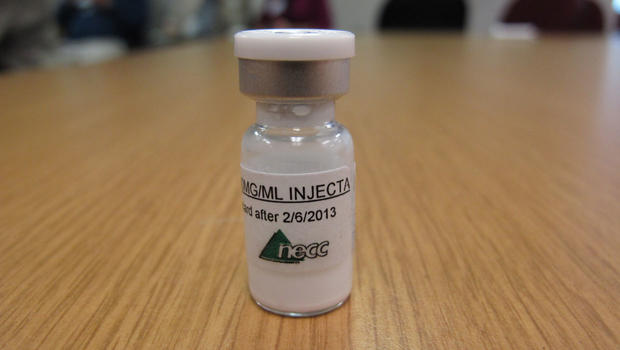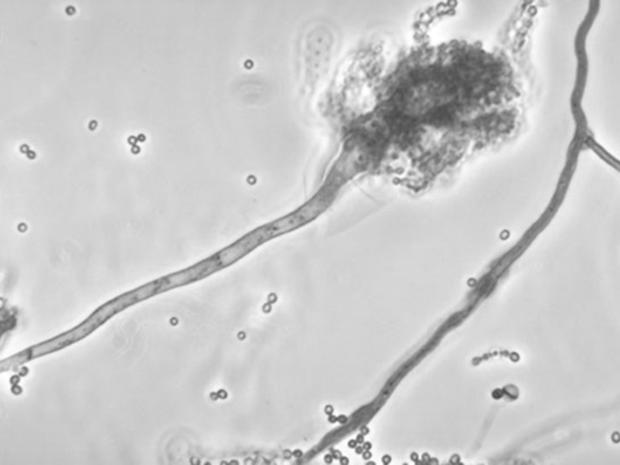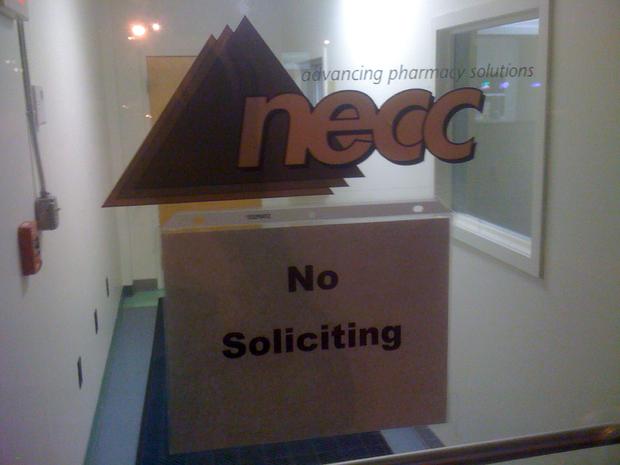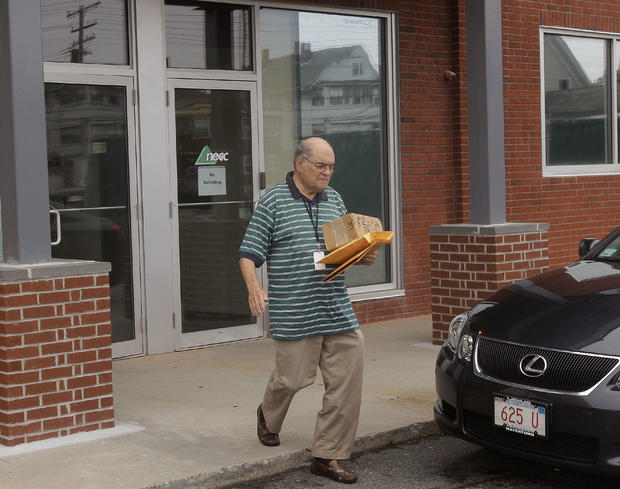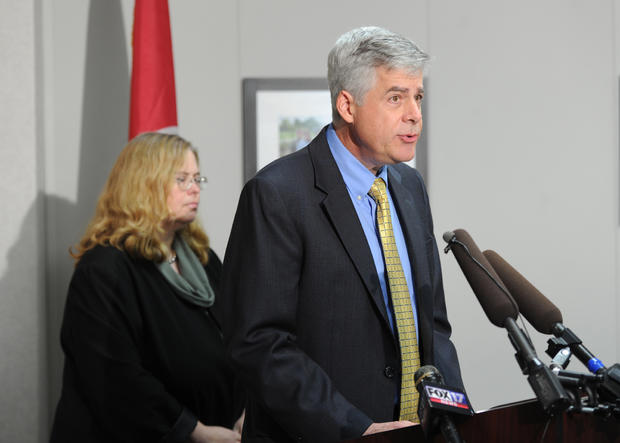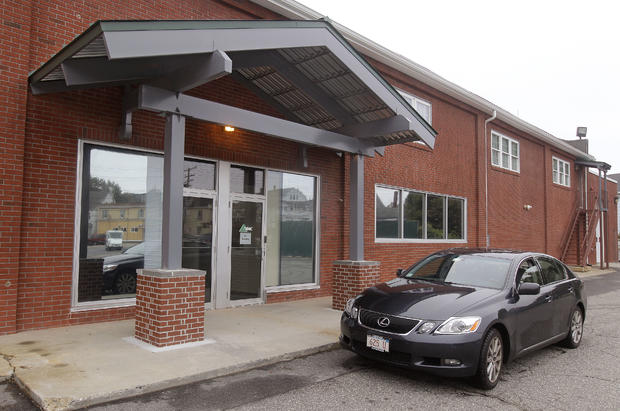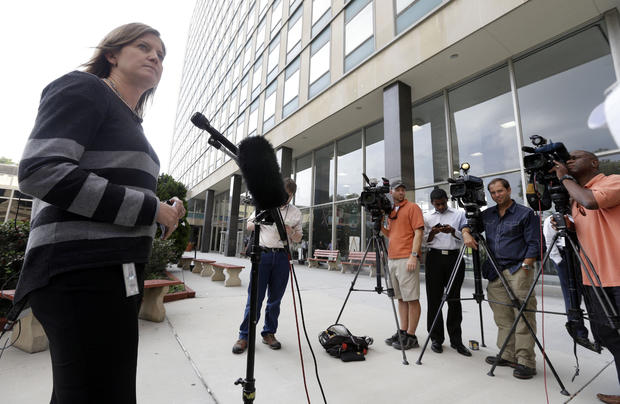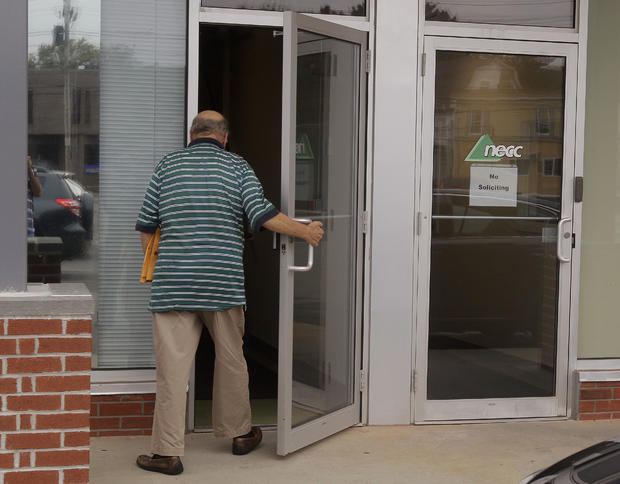Deadly meningitis outbreak in U.S.
An outbreak of a rare but deadly form of fungal meningitis has infected 297 people in 16 states as of Oct. 22, killing 23.
The outbreak is tied to steroid injections, mostly used for relieving back pain. The Centers for Disease Control and Prevention says the tainted injections manufactured by the New England Compounding Center have been shipped to 76 facilities in 23 states. But because the company is licensed in all 50 states, all of its products have been recalled.
In this image, a vial of injectable steroids from the New England Compounding Center is displayed in the Tennessee Department of Health in Nashville, Tenn., on Monday, Oct. 8, 2012.
In this image, Dr. Robert Latham, chief of medicine at Saint Thomas Hospital in Nashville, Tenn., where more than 600 patients received steroid injections, is interviewed on Oct. 4, 2012, in Nashville.
The 23 states that may have received shipments of the tainted product. These states include: California, Connecticut, Florida, Georgia, Idaho, Illinois, Indiana, Maryland, Michigan, Minnesota, North Carolina, New Hampshire, New Jersey, Nevada, New York, Ohio, Pennsylvania, Rhode Island, South Carolina, Tennessee, Virginia, Texas and West Virginia
This undated photo made available by the Centers for Disease Control and Prevention shows a branch of the fungus Aspergillus fumigatus. The fungus blamed for causing a meningitis outbreak in nine states is widely distributed indoors and outdoors, but only very rarely makes people sick.
People inhale aspergillus fungus all the time without any problem. It's nearly impossible to avoid, found in such places as decaying leaves, trees, grain, other plants, soil, household dust, ducts for air conditioning and heating, and building materials. The fungus can also cause skin infections if it enters a break in the skin. The meningitis outbreak is linked to the fungus being accidentally injected into people as a contaminant in steroid treatments.
